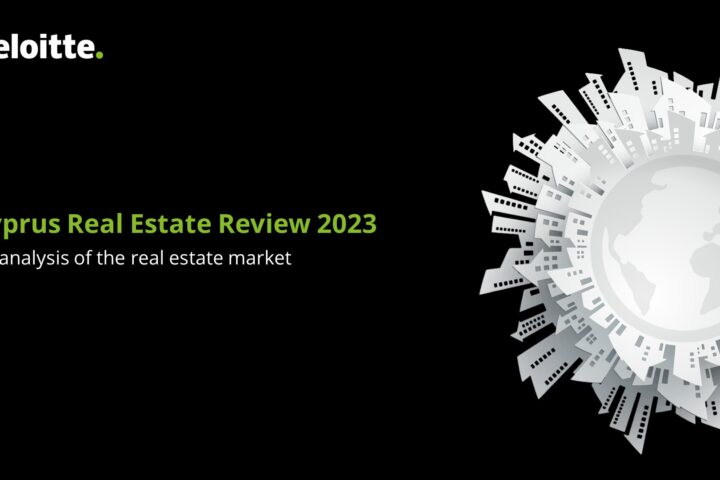Sterling was firmer on Thursday, near 1-1/2 month highs against the dollar, on expectations that an improving UK economy could prompt the central bank to tighten policy sooner rather than later.
A raft of good data recently, including forecast-busting services sector activity, has indicated the UK's recovery is on a firmer footing and businesses could start hiring at a steady clip in coming months.
That could see the unemployment rate, now at 7.8 percent, drop to 7 percent sooner than the Bank of England suggests. Issuing its 'forward guidance' on Wednesday, the bank said interest rates would not rise until unemployment fell to 7 percent, something it said was unlikely for three years.
As such, focus will turn to the UK jobs report due out on Aug. 14. A drop in the jobless rate would see sterling add to its recent gains, traders said.
The pound was marginally higher on the day at $1.5495 , not far from a 1-1/2 month high of $1.5535 struck on Wednesday when it rose nearly 1 percent after the BoE's forward guidance. Near-term resistance is at its 200-day moving average of $1.5537 with reported option barriers cited at $1.5550.
It was flat against the euro, with the single currency trading at 86.17 pence, having hit a one-month low of 85.785 on Wednesday.
"Volatility over that specific event, the jobless rate, will be higher," said Saeed Amen, currency analyst at Nomura. "I think any decline in the unemployment level will be bullish sterling."
Adding to the uncertainty over how long monetary policy will remain accommodative, the BoE introduced what analysts called "knockout clauses".
Under these, the BoE would consider raising rates if its forecasts showed inflation at 2.5 percent or more in 18-24 months, or if low interest rates threatened financial stability. A rise in medium-term inflation expectations to dangerously high levels would also be a consideration.
This prompted some investors to price in the risk of a rise in the bank rate from the current record low of 0.5 percent sooner than they had been betting, given risks that a recovering UK economy would boost inflation.
Annual UK consumer price inflation stood at 2.9 percent in June. July price data will be released next week.
"Given that CPI inflation has averaged above 2.5 percent over the last 18 to 24 months, the market is wary that the BoE may tighten policy before 2016," Bank of Tokyo Mitsubishi said in a note.







